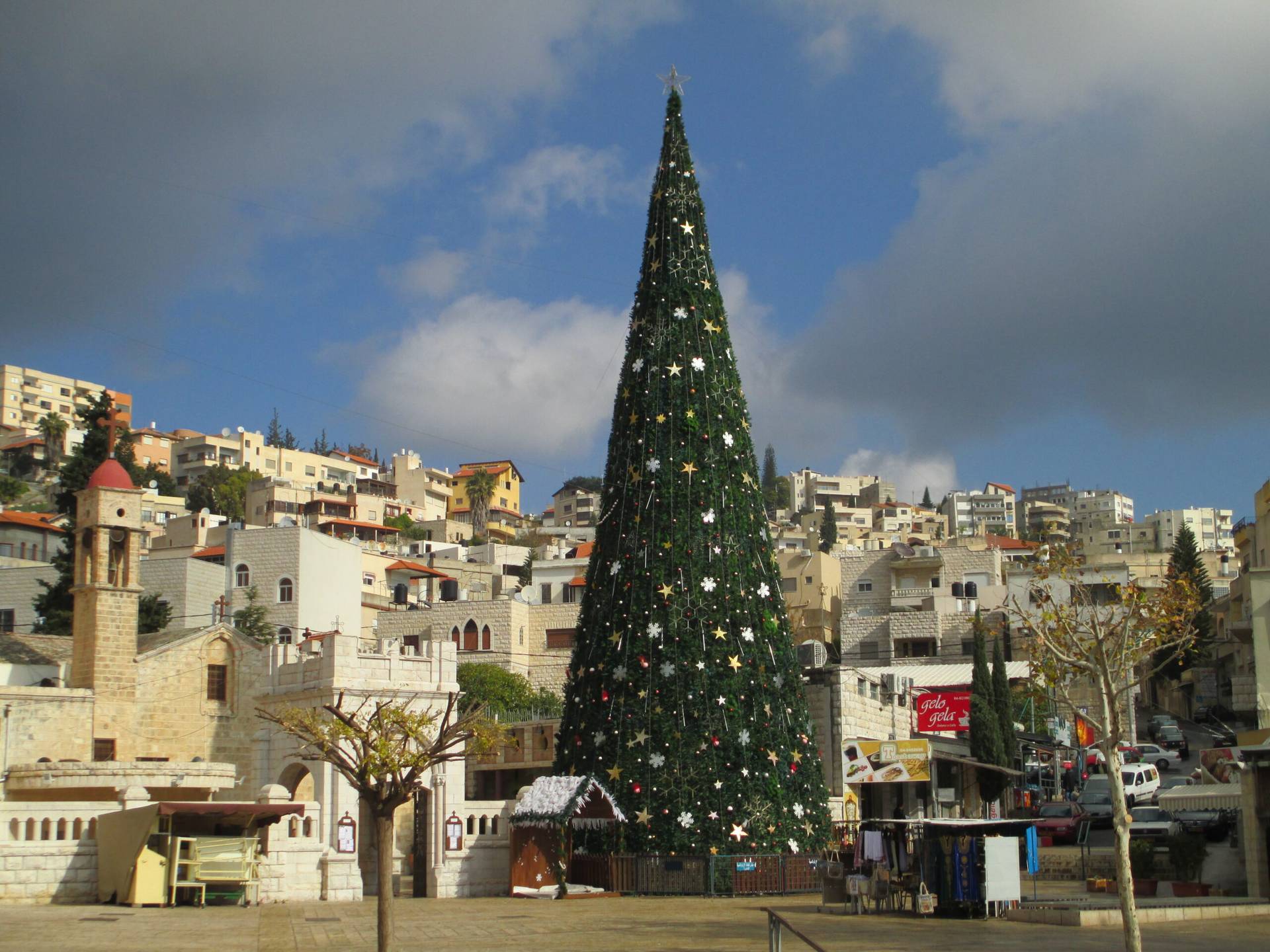ROME – One of the largest and most visible Vatican departments has undergone a massive internal overhaul its leaders say reflects Pope Francis’s desire for the Church’s governing bureaucracy to be in closer contact with local realities.
Speaking to Crux, Canadian Cardinal Michael Czerny, head of the Vatican Dicastery for the Service of Integral Human Development, said his department’s task “is well-expressed in its name: to help the Church throughout the world to promote, to serve, integral human development.”
The concept of integral human development, he said, “is the broad horizon,” and encompasses all aspects of human life, including the “physical, social and spiritual: the domains of human rights, health, justice, disarmament and peace, economy, work, environment, refugees and migrants, humanitarian emergencies, and many others.”
More specifically, he said the department prioritizes by “the concerns and issues” communicated by regional and national bishops’ conferences, as well as individual bishops.
Czerny spoke to journalists at a Sept. 29 presentation of the department’s new internal structure, which comes after the pope’s reforms of the Roman Curia, the Vatican’s central governing body, went into effect in June.
The constitution outlining the new role and structure of the curia, Praedicate evangelium, was promulgated in March and, among other things, allows laypeople to lead Vatican departments and stresses the relationship between the curia and local bishops and episcopal conferences.
In his comments to Crux, Czerny said the pope’s vision is the underpinning of his department’s work, which is focused on “listening to the particular Churches, dialoguing with them, with each bishop and those concerned with different aspects of integral human development.”
The department’s primary job, he said, quoting the constitution, is “to assist “the successor of Peter in the exercise of his supreme pastoral office for the benefit and service of the universal Church and the particular Churches.”
This means “Reflecting, seeking on the concerns expressed, and giving back or restituting what has been shared as effective responses,” he said.
Speaking to journalists, Italian Sister Alessandra Smerilli, the department’s secretary, said the department now has three main sections, the first is dedicated to listening and dialogue, and which is intended to be a “bridge with local churches and ministries that promote development.”
This section, she said, will consist of a team of people who are in direct contact with local churches and ministries involved in different aspects of human development.
The second section, she said, is for research and reflection, and will study different ways to respond to the challenges communicated by the local church communities.
A third section dedicated to communication and restitution is responsible for communicating the potential solutions found back to the local communities.
There is also an administrative section, and the migrants and refugees’ section – which in the past reported directly to the pope – “continues its very good work, with the same special arrangement with the Holy Father,” Czerny told Crux.
Smerilli said the department’s primary duty “is to serve our brothers and sisters as Christ, especially the most vulnerable.”
Asked about their budget given the Vatican’s recent shortcomings and overall budget cuts, Smerilli said the department’s budget is more or less the same as before, but changes could be made going forward depending on how things go with the ne structure.
Czerny and Smerilli formally took over the department’s leadership in December, replacing Ghanian Cardinal Peter Turkson, who resigned Dec. 23 citing the end of the term limit and a formal evaluation of the department over the summer as the primary reasons, although many observers believe interdepartmental tensions were partly to blame.
Follow Elise Ann Allen on Twitter: @eliseannallen















